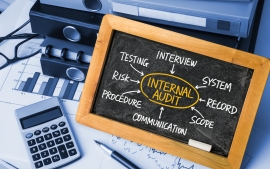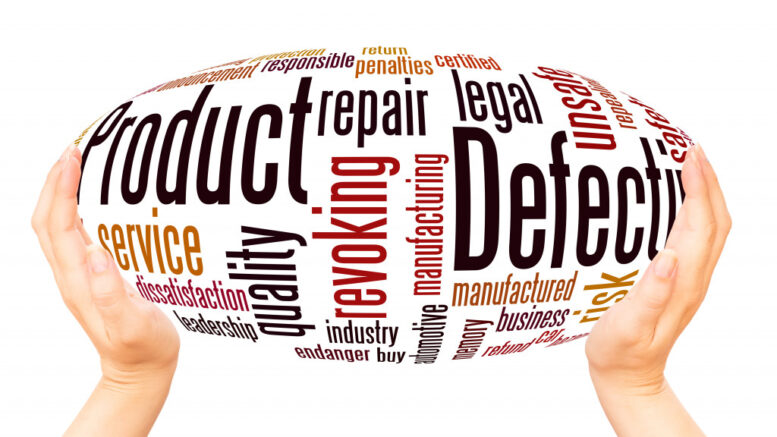Navigating the regulatory waters of the Food and Drug Administration (FDA) can be challenging, especially when you’re launching or scaling a business that falls under its purview. Ensuring your business remains compliant safeguards your enterprise from potential legal hiccups and establishes consumer trust. This guide provides ten indispensable five to assist you on your journey to total FDA compliance.
1. Understand FDA Regulations Specific to Your Industry
The FDA is vast, and its regulations span various sectors, from foods to cosmetics, pharmaceuticals, and medical devices.
Begin by identifying which set of regulations apply to your industry. Is it food safety standards? Or medical device requirements? Knowledge is power, and understanding these specifics will provide you with a roadmap for the rest of your compliance journey.
Once identified, stay updated. The FDA often revises or introduces new regulations. Regularly visit the FDA website and subscribe to newsletters or alerts specific to your sector.
2. Prioritize Record Keeping

Documentation is vital when it comes to FDA compliance. Ensure your processes, tests, verifications, and quality controls are well-documented.
Consistency is key here. Develop a system of record-keeping that is sustainable and easy to follow. Digital records can be a lifesaver, but ensure they are backed up and secure.
Moreover, these records should be easily accessible. The FDA can request a review of your documents, and being able to provide them promptly works in your favor.
3. Invest in Employee Training
Your employees play a pivotal role in ensuring compliance. They must understand the FDA regulations relevant to their roles.
Here are some tips for investing in employee training:
Create a Comprehensive Training Program
A comprehensive training program that covers all the essential areas of FDA compliance is a vital investment. Such a program should include modules on general compliance principles, the specifics of the regulations relevant to your industry, and the consequences of non-compliance. The training should also incorporate practical scenarios to help your employees understand how these regulations apply to their daily tasks.
Leverage Online Learning Platforms
Make use of online learning platforms to deliver your training. These platforms offer flexibility, allowing your employees to learn at their own pace. They also provide a wide range of interactive and engaging learning materials that can make the training more effective. Additionally, online platforms make it easier to update your training materials as regulations change.
Regularly Update Training Content
The FDA often revises its regulations, making it crucial to keep your training content up to date. Regularly review and update your training materials to reflect any changes in the regulations. Moreover, changes within your organization, such as introducing new procedures or technologies, may also necessitate updating your training content.
Encourage Continuous Learning
Continuous learning is key to maintaining FDA compliance. Encourage your employees to take personal responsibility for staying up-to-date with the latest regulations. This could involve reading industry newsletters, attending relevant webinars, or participating in online forums. Reinforce the idea that compliance is an ongoing process, not a one-time event.
Monitor and Evaluate Training Effectiveness

Finally, investing in tracking and evaluating the effectiveness of your training efforts is crucial. Use assessments and quizzes to measure your employees’ understanding of the material. Gather feedback from your employees to identify training areas that may need improvement. Regularly review this data and use it to improve your training program continuously.
4. Monitor and Audit Regularly
Compliance isn’t a one-time task. It requires continuous effort and vigilance.
Implement periodic internal audits. These audits can help you identify areas of potential non-compliance early on. Rectifying them at the earliest can save you from penalties in the future.
Additionally, consider third-party audits. An external perspective can provide insights that might be overlooked internally.
5. The Importance of Hiring a Lawyer
One of the most strategic moves in ensuring FDA compliance is bringing an expert on board – a lawyer specializing in FDA regulations.
Such a lawyer can offer guidance tailored to your industry. Their expertise can help navigate the complex landscape of FDA rules, providing clarity and actionable advice.
If you’re looking for a reliable lawyer to handle your case, MyFDALawyers is the perfect choice. Their team of experienced lawyers will provide sound legal advice and offer strategic guidance to ensure your business remains compliant with FDA regulations. They will also help you prepare for potential FDA inspections or audits and represent your case if needed.
In Summary
FDA compliance is a complex process requiring expertise and knowledge. These five tips can help businesses comply with the FDA and safeguard their enterprise from potential legal hiccups. While it may feel overwhelming, partnering with legal professionals specialized in this area will be an invaluable asset moving forward.

Be the first to comment on "5 Tips Every Business Should Follow for FDA Compliance"